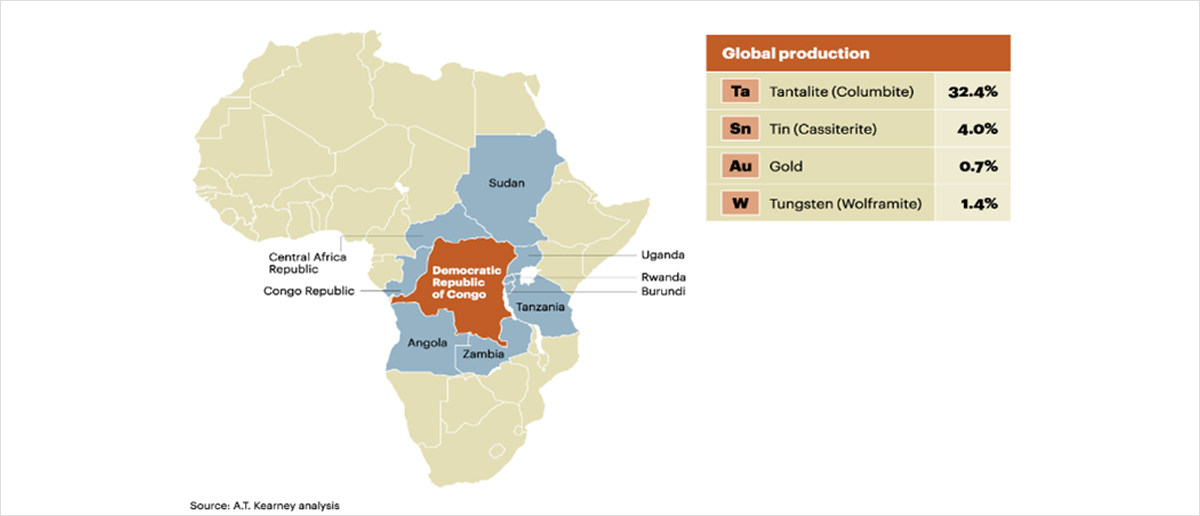ESG
Newflex's technology enables us to create a better world.
Conflict minerals
Newflex is fulfilling its social responsibility by prohibiting the use of conflict minerals.
POLICY
Newflex’s Conflict Minerals Management Policy
To ensure that conflict minerals associated with armed forces in conflict areas do not enter the supply chain for the production of
our products, we require our partners to establish conflict mineral policies and procedures, investigate the use of conflict minerals,
and develop a threat response plan.
We encourage our partners to source from smelters that are free of bonsai minerals. Newflex, along with its partners and customers,
will actively support international efforts to prohibit the use of conflict minerals. We will fulfill our social responsibility by protecting
human rights in the Democratic Republic of the Congo and neighboring countries.
Status of response to conflict minerals
We established a conflict mineral response process and conducted a conflict mineral response organization, investigation into the
use of conflict minerals, partner risk management, smelter risk management and improvement activities, and due diligence activities.
In addition, we have made efforts to help our employees and partners understand internal and external conflict mineral regulation laws
through training.
In addition, we are carrying out reasonable response activities in collaboration with various stakeholders, including the government,
customers, and various organizations.
Future Plans
Newflex will continue to do its best to respond to conflict minerals through cooperation with customers, partners, governments,
academic societies, etc.
Additionally, uncertified smelters will be actively encouraged to participate in the Conflict Mineral Free Smelter Program (CFSP).
In addition, we will expand training and due diligence to N-tier suppliers to raise their awareness of conflict minerals, as well as
provide ongoing support and improvement activities to enable them to respond voluntarily.
Democratic Republic of Congo and adjoining countries

Conflict minerals [1] refer to minerals such as tin, tantalum, tungsten, and gold produced in countries where conflict is occurring, such as the Democratic Republic of Congo or
neighboring countries.
Funds generated from conflict minerals are flowing into armed forces within the country, not only massacring their own citizens, but also causing human rights violations such as
child and forced labor and abuse of women during the mining process.
Amid growing international concerns about this, the U.S. Congress enacted Act [2] in 2010, mandating reporting on the use of conflict minerals.
Pursuant to Section 1502 of the bill, companies listed on the U.S. stock market must investigate whether they use conflict minerals and their origin, conduct due diligence on their
supply chains, and report the results to the U.S. Securities and Exchange Commission.
- [1] The definition of conflict minerals according to the SEC’s Conflict Minerals Regulation Act is as follows.
1) Coltan, Cassitenite, Gold, Wolframite and their derivatives
2) Minerals and their derivatives designated by the U.S. Secretary of State as providing benefits to armed groups in the Democratic Republic of the Congo or neighboring countries - [2] Dodd-Frank Financial Regulatory Reform Act
This is a wide-ranging financial reform bill announced in 2010 to prevent a recurrence of the financial crisis that occurred in 2008, and is called the largest financial reform bill since the Great Depression. This bill aims to strengthen regulation and supervision of major financial companies and reorganize financial supervisory organizations

